Poland in the 17th century was one of Europe’s most powerful nations, due in no small part to her military leaders, the hetmans. Stanisław Koniecpolski (pronounced Sta-nee-swaff Koniesh-polski) was Crown Grand Hetman Stanisław Żółkiewski’s understudy and eventually succeeded him as Poland’s Crown Grand Hetman, the highest military commander in the land.
Koniecpolski is first mentioned in A Hussar’s Promise, Book 2 in the Winged Warrior Series, in a scene where the main character, Jacek Dąbrowski, and his retinue encounter a different group of hussars in a tavern (see excerpt below). However, we don’t actually meet Koniecpolski until The Hussar’s Duty (Book 3), when Jacek arrives at Żółkiew Castle (Zhovkva Castle in present-day Ukraine). It’s at Żółkiew where they first congregate before heading out on the campaign that would result in the ill-fated Battle of Cecora in 1620.
Chances are Jacek and Koniecpolski would have crossed paths sooner, as Koniecpolski served with Żółkiewski at the siege of Smoleńsk. In The Heart of a Hussar (Book 1), the story opens with Jacek at the Battle of Kłuszyn (about 156 miles from Smoleńsk) in July 1610, where Żółkiewski led his greatly outnumbered hussars against an army comprised of Russian and Swedish forces. Not only did the hussars emerge victorious, but they crushed the enemy army. But I digress.
Reportedly born in 1591*, Koniecpolski was revered as one of Poland’s most brilliant military leaders. Many say he not only emulated his mentor but took those lessons in warfare and greatly improved on them. In 1610, he would have been nineteen—three years younger than Jacek.
Descended from a powerful Polish magnate family, Koniecpolski pursued a military career while still in his teens. He was taken under Stanisław Żółkiewski’s wing, and the latter—a highly successful commander in his own right—had a powerful impact on Koniecpolski’s future and career. There appears to have been a tight family bond as well. In 1615, Koniecpolski married Żółkiewski’s daughter, Katarzyna, who later died giving birth to their first child.
Koniecpolski’s battlefield achievements were numerous and came early. For instance, it was in 1614 when he was charged with defeating Jan Karwacki’s rebels (see excerpt). Together with Żółkiewski’s son, Jan, he won the Battle of Rohatyn, captured Karwacki, and delivered him in chains to the Crown Grand Hetman. He would have been in his early twenties.
From there, he fought the Tatar hordes and participated in the Moldavian Magnate Wars (a series of conflicts at the Commonwealth’s southeastern border that spanned from the late sixteenth century into the early seventeenth century). The wars were fueled in part by the ongoing Tatar incursions into the Commonwealth and the Cossacks raiding the Black Sea settlements in return. Koniecpolski banned the Cossack raids and was also responsible for reducing their numbers in the military in order to curtail their raids.
In 1618, when King Zygmunt III Vasa granted Stanisław Żółkiewski the long-coveted post of Crown Grand Hetman, he also made Koniecpolski the Field Grand Hetman. Both positions were awarded for life, with the latter being second only to the Crown Grand Hetman—and the Crown Grand Hetman being second only to the king. Koniecpolski would have been only twenty-seven years old when he was Poland’s third highest military commander.
In 1619, he remarried into another powerful family, the Lubomirskis. His wife, Krystyna Lubomirska, gave birth to their son a year later.
Not every battle he took part in resulted in a win. For instance, he was embroiled with Żółkiewski in the Battle of Orynin in 1618, which resulted in the Tatars sweeping through southeastern Poland in a devastating raid that left swaths of destruction and many of Poland’s citizens enslaved. Koniecpolski’s part in the defeat involved his ill-advised pursuit of the enemy, even though the odds were stacked against him. He barely survived as a result of the folly.
Then, of course, came the Battle of Cecora in 1620, which saw Żółkiewski lose his life and Koniecpolski captured and taken to Yedikule (the Castle of Seven Towers) in Constantinople, where he was imprisoned in the infamous Black Tower.
The final battle in the Moldavian Magnate Wars would come a year later, in 1621 at Khotyn, and result in a treaty between the Commonwealth and the Ottoman Empire, though Koniecpolski was not there to take part.
Eventually, relations between the two powers thawed enough that Koniecpolski, along with a number of others captured at Cecora, was ransomed in 1623. Mere months later, he was given command of Commonwealth troops in order to stop Kantymir, the Tatar leader he faced in the Battle of Cecora, who continued his borderland raids despite the treaty that sprang from the Battle of Khotyn in 1621.
More on that—and other Koniecpolski exploits—in the next newsletter. Suffice it to say he had a long, illustrious career, even after spending years in Ottoman captivity.
Fun fact: In the book, I have him stuttering. Did I make that up? No, I found reference to it in my research. What’s not clear is whether he overcame the stutter, but I chose to leave it in the story to give him a touch of something fascinatingly human.
*There is debate among historians as to his true birth year. He could have been born as early as 1590 or as late at 1594, though most use 1591.
From A Hussar’s Promise, Chapter 16, The Long and Winding Road
Soon Jacek and his squad were introduced to a dozen hussars, all of them draining their drinks and ordering another round for themselves. They included a round for Jacek and his men. Standing beside Pawel, Jacek scanned the group of towarzysze growing more boisterous as tavern maids topped off their drinks.
“What do you celebrate, Pan Liskoski?”
“Our success at Rohatyn.”
A cheer rose up. “Rohatyn! Na zdrowie!”
Puzzled, Jacek asked what had taken place in Rohatyn, to which Pawel replied, “We defeated our rebel Commonwealth troops. Their commander, Jan Karwarcki, was taken in chains to Hetman Żółkiewski. Those bastards won’t plunder their own countrymen anymore.”
Jacek arched an eyebrow. “When did this happen?”
“A fortnight or so ago. We were led by a stripling named Koniecpolski,” he laughed.
“Stanisław Koniecpolski?” asked Jacek.
Pawel nodded. “The same. He’s an apprentice to Żółkiewski. The hetman grew tired of the rebels roaming the countryside, terrorizing their own, and decided to put an end to it. So he entrusted Koniecpolski with stopping them once and for all. And we did!”
Another hearty “na zdrowie” boomed.
Jacek scratched his stubbly chin. “Koniecpolski served at Kłuszyn with us. As I recall, he’s a bit younger than I.”
“Seems about right. Though he’s young, he’s distinguished himself well. So well, Żółkiewski might see his daughter Katarzyna married to him. Not a bad match. Two powerful families united.”



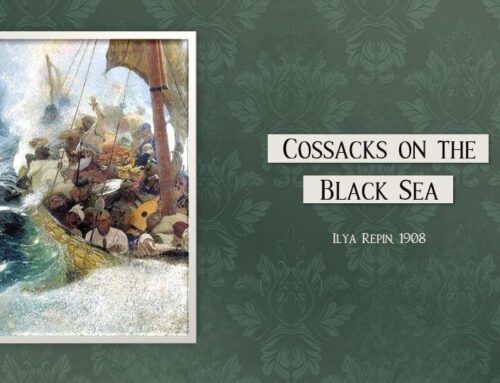
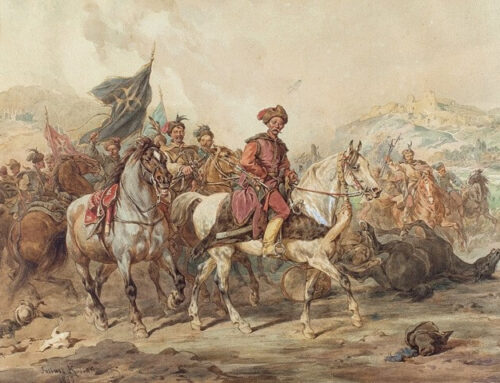
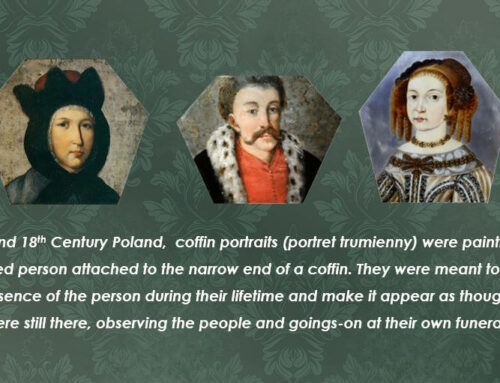
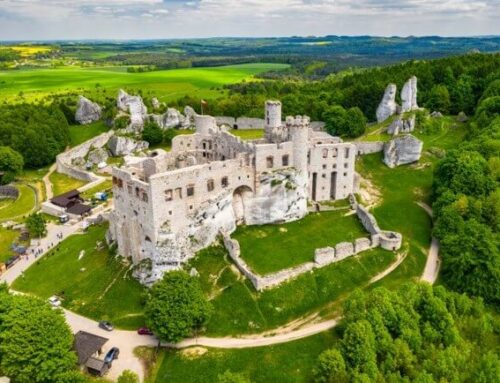
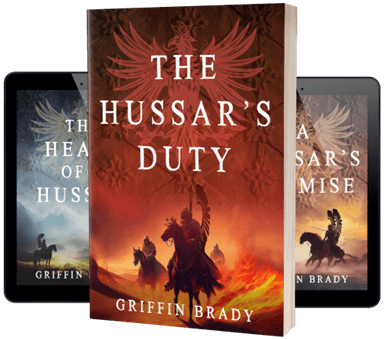

Leave A Comment